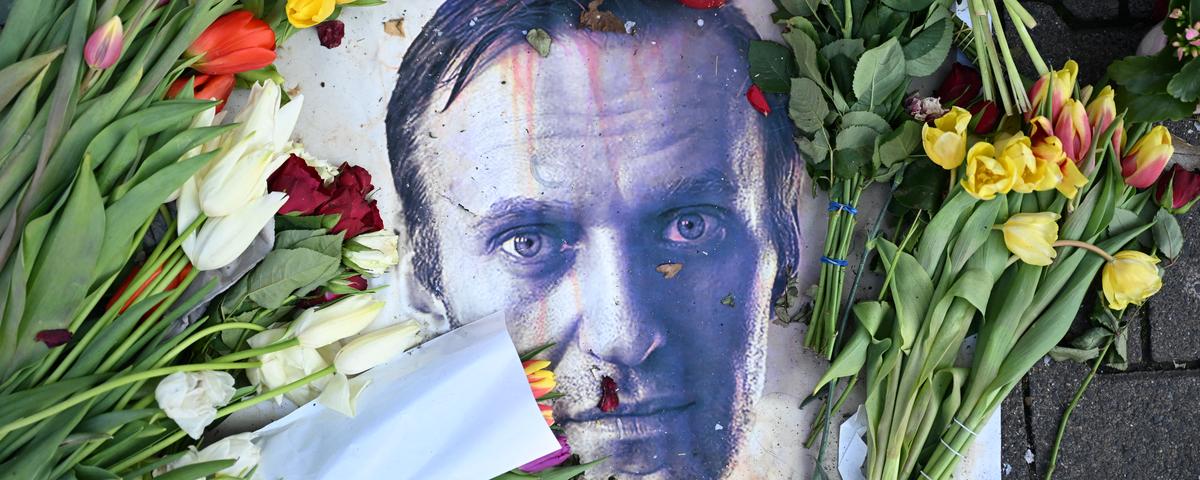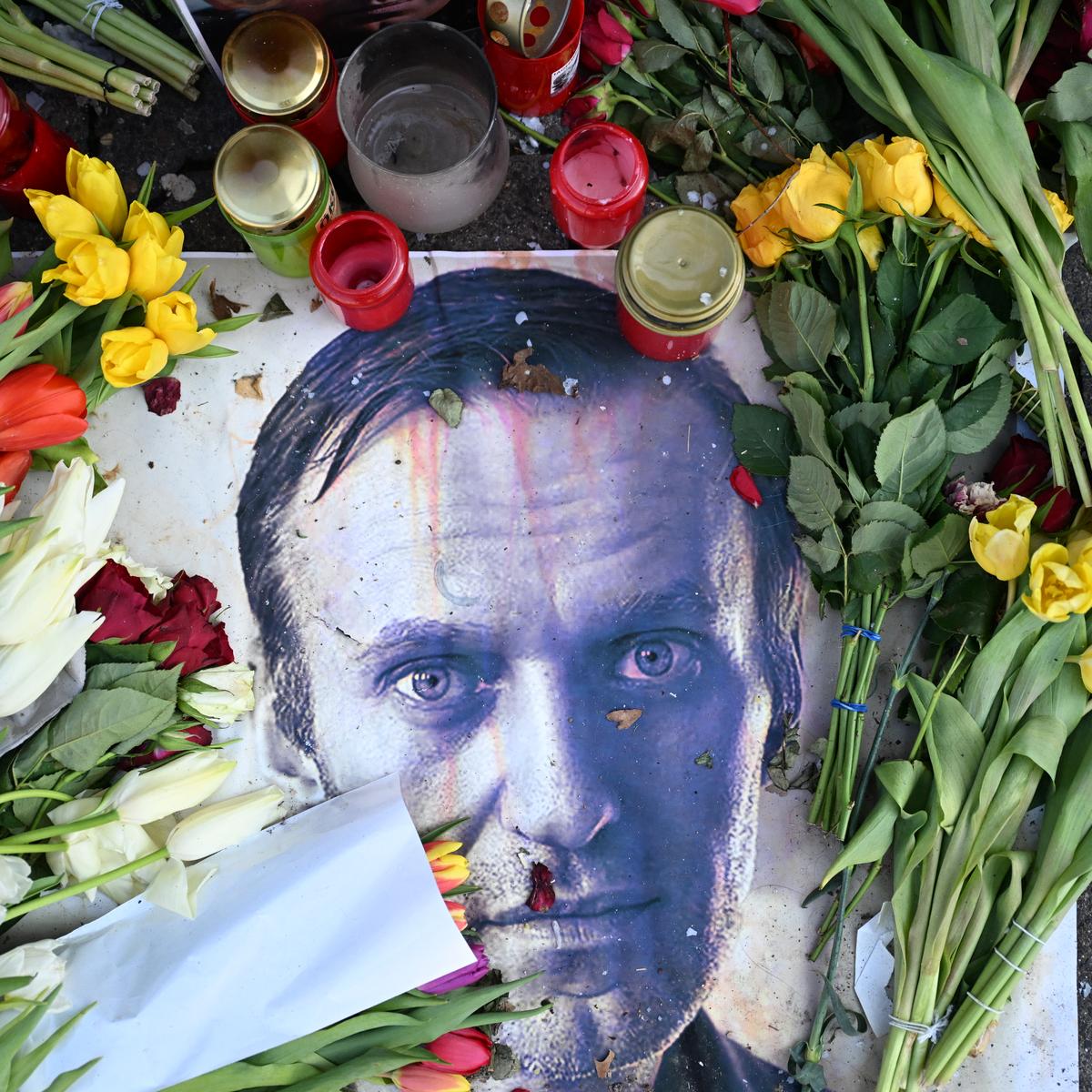The Appeal of Authoritarian Leaders or “Strongmen”
The familiarity of these personages, marketed by their personality cults and populist ideologies as “one of us,” is also why many people don’t see them as dangerous early on. Although we often hear that strongmen are genius strategists, few, if any, of them had a master plan for their rule. Their real talents are those of the street fighter and the con man rather than the chess master: quickness at making the most of the opportunities offered to them, skill at getting people to bond with them and believe their fictions, and a willingness to do anything necessary to get the absolute authority they crave. Most of them ended up with more power than they ever imagined.
The strongman’s rogue nature also draws people to him. He proclaims law-and-order rule, yet enables lawlessness. This paradox becomes official policy as government evolves into a criminal enterprise, Hitler’s Germany being one example and Putin’s Russia another. For many, it is intoxicating to be able to commit criminal acts with impunity and participate in the collective work of undoing one political order and creating another. This is why some collaborators of defunct rulers remain unrepentant even when the scope of the horror they participated in becomes clear, like the Chilean torturer Ingrid Olderock, with her gruesome “I love dogs” bumper sticker. The special psychological climate that strongmen create among their people —the thrill of transgression mixed with the comfort of submitting to his power— endows life with energy, purpose, and drama.
How to Resist an Authoritarian Regime
To counter authoritarianism, we must prioritize accountability and transparency in government. At the heart of strongman rule is the claim that he and his agents are above the law, above judgment, and not beholden to the truth. Accountability also matters as a measure of open societies because the old yardstick —elections— is less reliable. New authoritarian states often simulate democracy, and nominal democracies governed by personalist rulers often act like autocracies. In Trump’s America, as in Berlusconi’s Italy, the legal and the illegal, fact and fiction, celebrity and politics blend together until nothing means anything anymore and everything is “a confidence game.”
* * *
Anti-corruption efforts should encompass education about the merits of transparency and accountability to encourage workplace and governmental cultures that deter people from engaging in corruption in the first place. Prosecution can be unpopular and play into the victimhood cult of leaders and their allies. Prevention is far better. We can encourage elites to form alliances with anti-corruption forces, as Transparency International does around the world. We can also support civic and nonprofit organizations that work for community justice and accountability at both the local and national levels. Pressure campaigns on banks, law firms, and other enablers of authoritarian corruption can fuel a reconsideration of the practice of working for autocrats for the revenue it brings. The media, always so quick to cover every utterance and action of the strongman, must also tell the stories of those who courageously denounce corruption, from Giacomo Matteotti to Boris Nemtsov to those risking their lives today. We should also hear more about efforts to incentivize anti-corruption behaviors. The Mo Ibrahim Foundation awards a prize of $5 million, paid out over ten years, to democratically elected African heads of state who strengthen the rule of law and human rights in their countries.
Democracy needs heroes more than ever and compelling narratives that make the case for the merits and advantages of open societies. Liberal values don’t have to seem “tepid and boring,” the philosopher Martha Nussbaum argues, if compassion and love are recognized as fundamental to the democratic model of politics. Too often, we have left the work of shaping emotions —including patriotism, our love for our country— to democracy’s enemies. Writing in June 2020, George Packer found lessons in the political corruption, failures of leadership, and other societal ills the coronavirus pandemic exposed in America: “that in a democracy being a citizen is essential work, that the alternative to solidarity is death.” Around the world, it has often taken the decline or eclipse of freedom to make that message resonate.
* * *
Opening the heart to others and viewing them with compassion has time and again led to effective electoral pushback against strongman rule. The Chilean opposition’s “joy is on the way” 1988 campaign that drove Pinochet out of office and the “radical love” platform that lifted Ekram Imamoğlu to victory in 2019 as Istanbul’s mayor both mobilized sentiments of optimism, solidarity, and community. Reaching out to those who still support the strongman but inside may be wavering, as Imamoğlu did, can also yield results. Such individuals may feel ashamed and unwilling to admit their errors of judgment unless they are approached with the right spirit of openness, at the right time.
* * *
There are two paths people can take when faced with the proliferation of polarization and hatred in their societies. They can dig their trenches deeper, or they can reach across the lines to stop a new cycle of destruction, knowing that solidarity, love, and dialogue are what the strongman most fears. History shows the importance of keeping hope and faith in humanity and of supporting those who struggle for freedom in our own time. We can carry with us the stories of those who lived and died over a century of democracy’s destruction and resurrection. They are precious counsel for us today.
The Rubble Left by Authoritarian Leaders
As for the institutions the strongman uses to get and keep his power, they often become irrelevant or discredited after he leaves office. Mussolini’s Fascist Party, Hitler’s NSDAP, and Mobutu’s Popular Movement of the Revolution were all dissolved. The same is true for the civil service and professions. Gaddafi left Libyan state bureaucracies rife with corruption and nepotism, and journalists’ skills were stunted from years of producing propaganda. Valuing loyalty over expertise and allowing violence to become an end in itself can result in a deprofessionalized and demoralized military, especially if misguided wars end in defeat. The mass suicides of German officers in 1945 are one outcome. The Chilean army retained some power as long as Pinochet remained commander in chief. It was decimated, though, when dozens of generals and 1,300 lesser officials were prosecuted for human rights violations in the 2000s. “I am still trying to understand what happened to our institution, how officials I knew and respected came to commit the acts they did,” said a Chilean officer who retired just before the coup.
Strongman states, helped by their foreign backers, obscure the profound chaos and destruction they cause. Instead, they perpetuate the notion that authoritarianism bests democracy in terms of efficiency and economic growth. Certainly, some categories of people prosper under authoritarian rule. Leaders help their cronies and financial elites concentrate capital and privatize public goods. Yet business in general is often devastated by such predation. Fascist states went after the assets of Jews and other enemies; anti-colonial military regimes expelled foreigners (Mobutu, Gaddafi, and Amin had to invite some of them back to save their economies); and new authoritarians like Putin and Erdoğan take over profitable businesses, some built up over decades. By exacerbating economic inequality, plundering state assets, favoring ideology over expertise, and killing, imprisoning, and forcing into exile large numbers of talented people, strongmen impoverish the societies they rule.
Ruth Ben-Ghiat is a professor of history and Italian studies at New York University and an advisor to Protect Democracy. This number of The Tertulia is a selection of extracts from her book, “Strongmen: Mussolini to the Present” (New York: W. W. Norton & Company, 2020).

